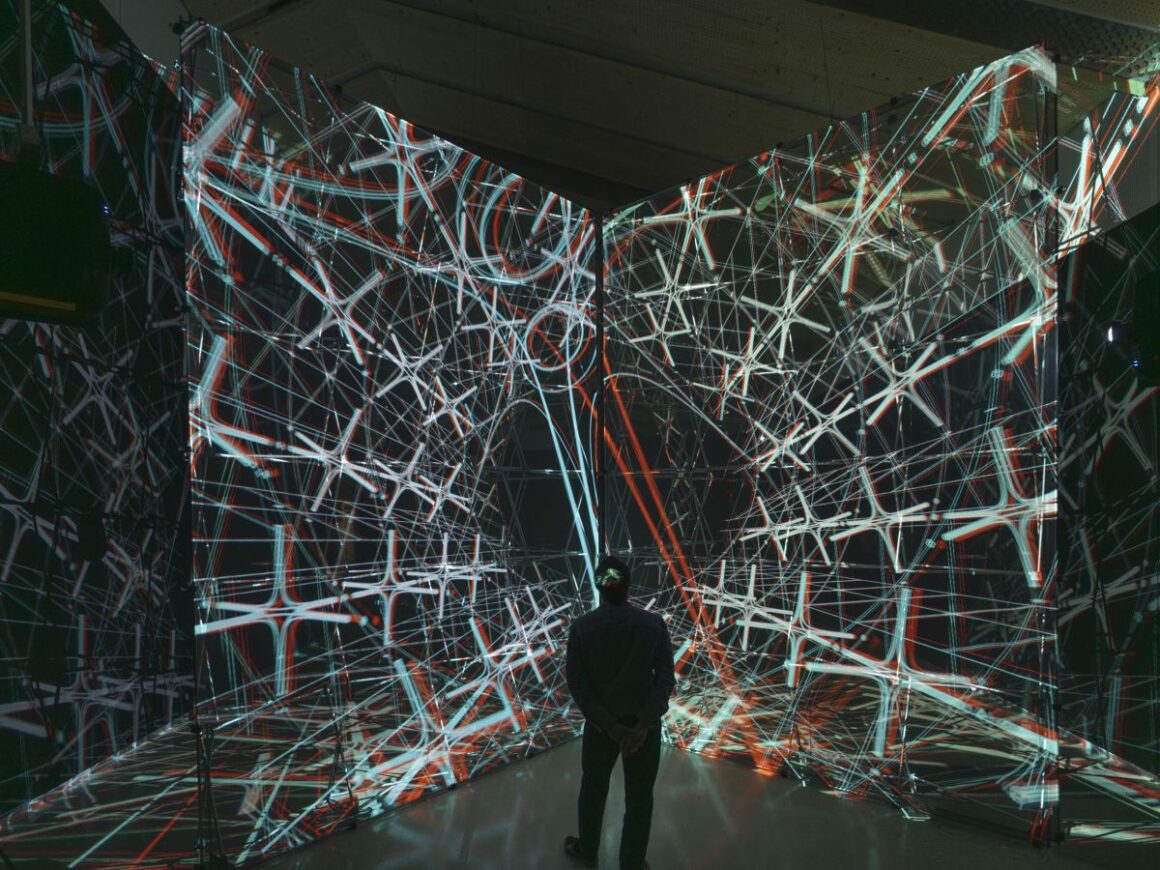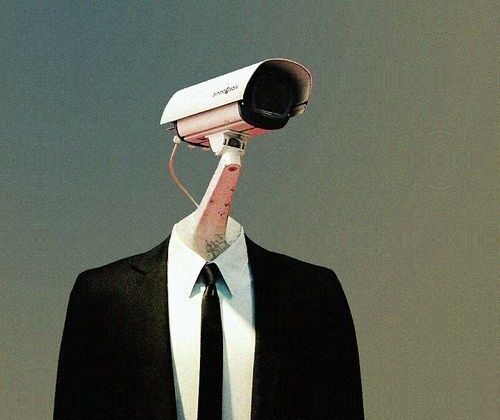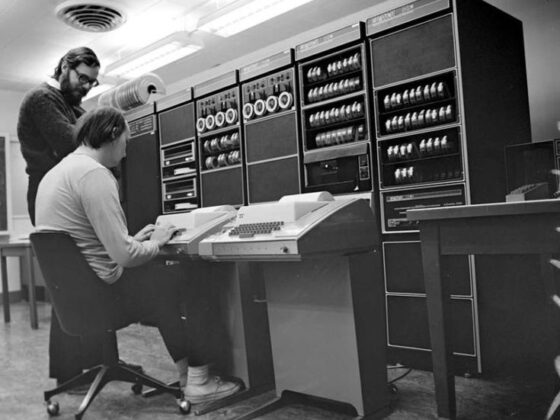
For decades, one word has haunted the stories of digital crime, nation-state espionage, and underground hacker forums: cyber. The term appears in every breathless report of ransomware attacks, state-backed intrusions, and data breaches that expose the vulnerabilities of our networked world. But before it became a media buzzword, cyber had a different lineage—one that reveals how our thinking about security, control, and information has evolved.
The roots of cyber stretch back to cybernetics, a concept from the mid-nineteenth century, formalized in the 1940s by mathematician Norbert Wiener. Cybernetics described feedback loops in mechanical and biological systems, the interplay of control and communication that governs both living organisms and complex machines. This was a field of precise definitions, concerned with self-regulating systems—thermostats, guided missiles, early artificial intelligence. But the word cyber did not truly enter the cultural bloodstream until the 1980s, when science fiction reimagined it.
It was William Gibson’s Neuromancer (1984) that gave us cyberspace—a term that leapt from fiction into reality with startling speed. Gibson’s vision of a virtual world where hackers jacked into the matrix, manipulated data, and waged digital battles was supposed to be futuristic. Instead, it became a map. The internet was still in its infancy, but governments, corporations, and criminals alike took note. The language of cybernetics became the language of networks, and cyber became a prefix for everything: cybersecurity, cyberwarfare, cybercrime. It no longer referred to feedback loops—it was now shorthand for the frontier of digital risk.
This shift in meaning matters. In cybersecurity, we often battle not just technical threats but conceptual ones—fuzzy, ill-defined ideas that shape policy and public perception. Cyber has become a catch-all, obscuring the distinctions between espionage, crime, activism, and warfare. It’s a word that demands more precision, not less, especially as we enter an era where artificial intelligence, automation, and digital sovereignty redefine security yet again.
In the end, the term cyber reflects the very systems it describes: constantly evolving, shaped by human interpretation, and always one step ahead of its own definition.








